Disability Pride Month is in full swing, and I couldn’t be more thrilled with all of the wonderful books by disabled authors that are making their way around the internet. I love when people discover disability literature and realize the incredible range of books out there. From romance to poetry to memoir, disabled authors write it all. For some folks, I know this year is their first foray into disability literature, and I appreciate the effort to learn new things and expand one’s understanding of the world.
While I love seeing nondisabled people pick up books by disabled authors, I’ve noticed that when able-bodied folks review disability literature, they often say things like, “I can’t relate to this” or “the writing is just too clunky.” But disability literature is, at its core, for and by disabled people. These books entirely center disabled folks and our experiences. But when able-bodied people review disability literature, they often write their reviews through an abled lens, which skews their understanding of the book.
Let’s look at the medium of the text itself. To create a print book, many of the writers used accommodations because the very method of communicating in a book format is inaccessible to them. Working on a computer, formulating ideas into written language, or looking at a page aren’t actions that every disabled person can do. So to even communicate, some disabled people have to adapt to get anywhere close to the able-bodied norm.
For example, I write by not looking at a screen or by using voice-to-text, and that changes the rhythm and flow of my writing. Using accommodations to write will change the prose and structure of essays. It is literally impossible for some of us to reach the literary standard based on able-bodied folks’ abilities. So if you assume disabled people will write like able-bodied people, you may be disappointed.
If you apply the expectations and assumptions of an abled lived experience, disabled literature may not work for you. I often see nondisabled people say they can’t relate to disabled people’s stories, that our lives are too “different” from their own. Or some able-bodied people say that they feel they didn’t learn enough from disability literature to make it worth reading.
Book Deals Newsletter
Sign up for our Book Deals newsletter and get up to 80% off books you actually want to read.
Thank you for signing up! Keep an eye on your inbox.
By signing up you agree to our terms of use
Generally, disability literature is written with disabled people — our perspectives and life experiences — in mind. The goal of these books isn’t to educate non-disabled people. Their purpose is to celebrate disabled people for who we are, including all of the myriad of ways that we are able to communicate.
Disability literature isn’t meant to inspire nondisabled people. We live in a time when there are hundreds, if not thousands, of viral videos of disabled people “overcoming” their disabilities just by existing. Often referred to as “inspiration porn,” these types of stories can also be found in literature. But disabled people don’t exist to inspire able-bodied people. We are just regular people trying to live our lives.
If nondisabled people finish a book and their only takeaway is “But it was just so sad. Why did I read that?” they’ve missed a vital part of what much of disability literature is trying to do. We don’t tell our stories to make nondisabled people feel better about themselves. We tell our stories to encourage each other and to remind the rest of the world that we exist, fully human just like anyone else.
So if you’re not disabled, please be aware that you may not feel entirely comfortable or completely understand books by disabled people. It doesn’t mean the book failed in any way. It just means it’s not written for someone with your lived experience. And that’s okay. But being a good ally means simply listening, learning, and letting disabled folks lead the way.
For more about Disability Pride Month, check out “A Book Lover’s Guide to Disability Pride Month” and “7 Tips for Being a Better Disability Ally on the Bookish Internet.”


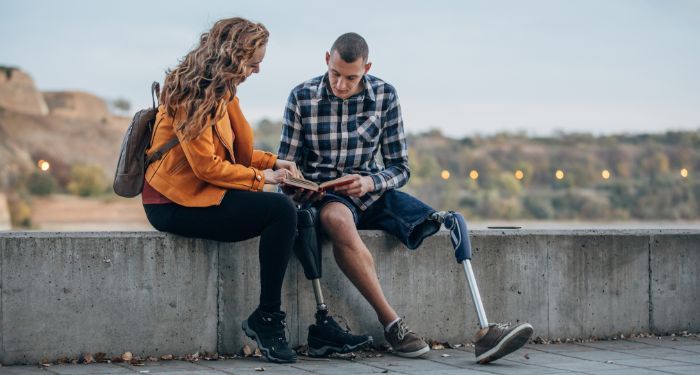

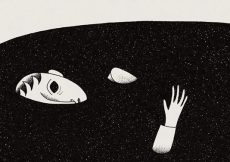
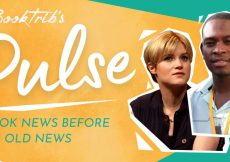
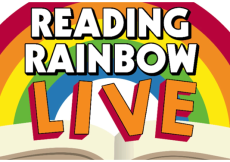
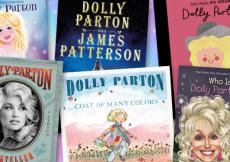

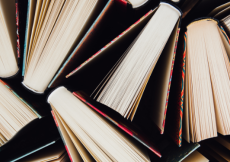















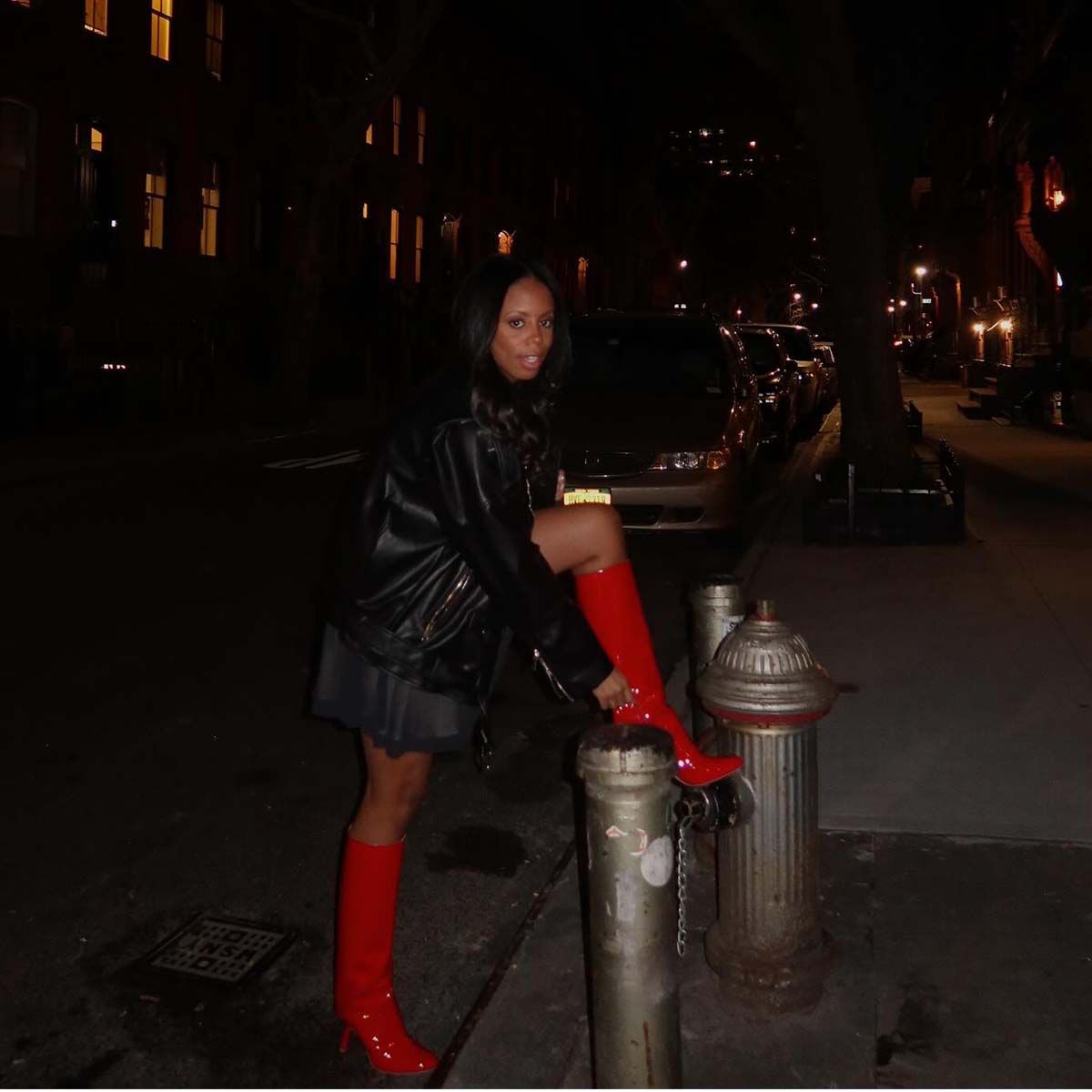

:quality(85):upscale()/2023/05/11/976/n/1922564/782262e2645d6b967847b4.74342194_.png)








